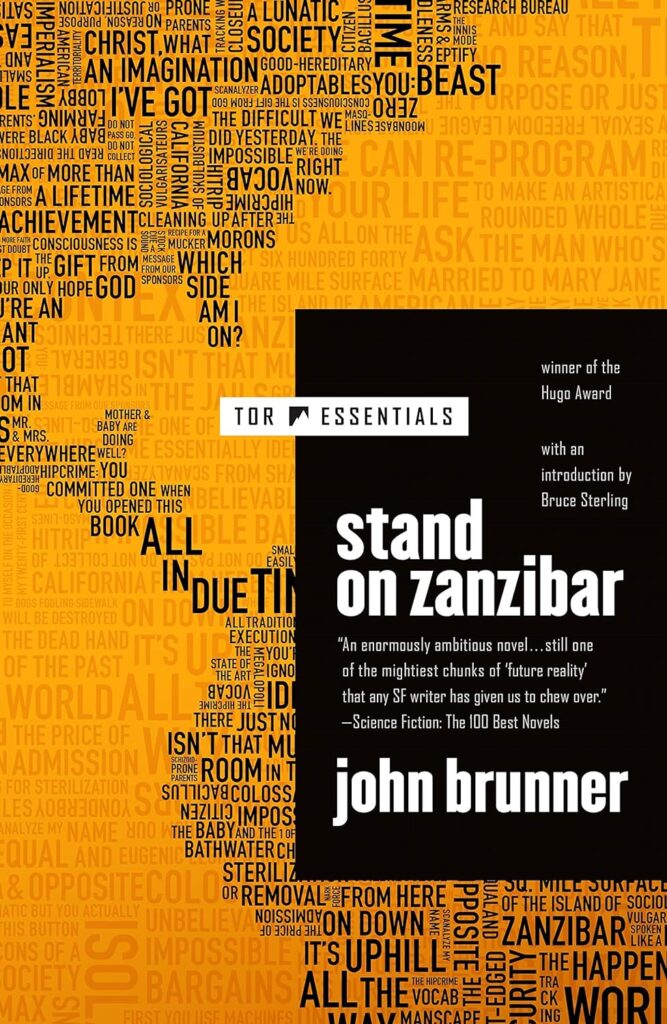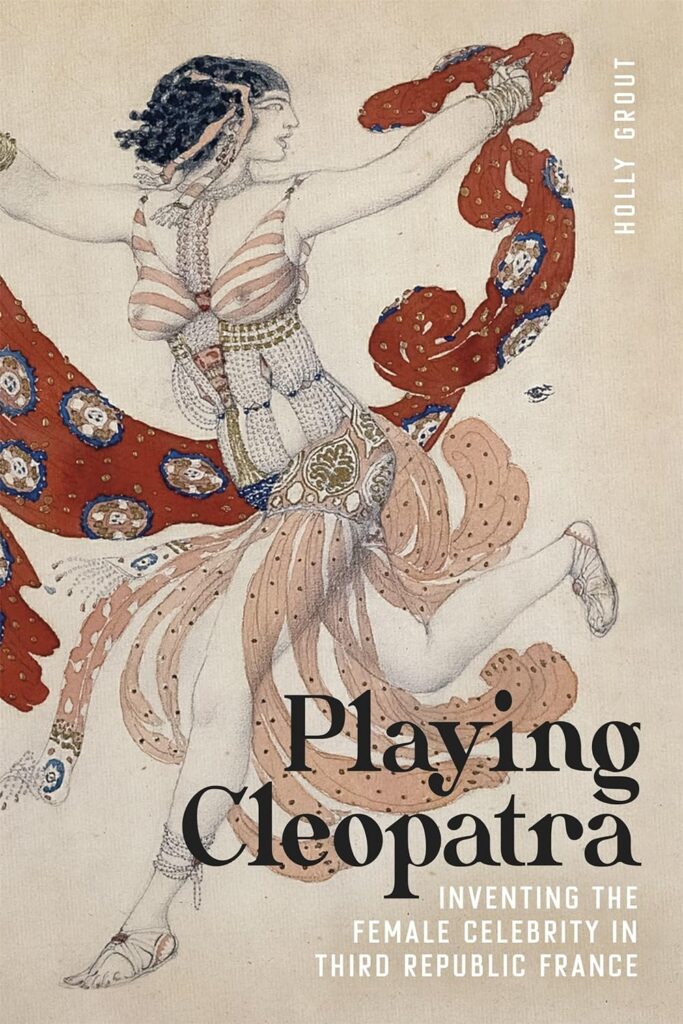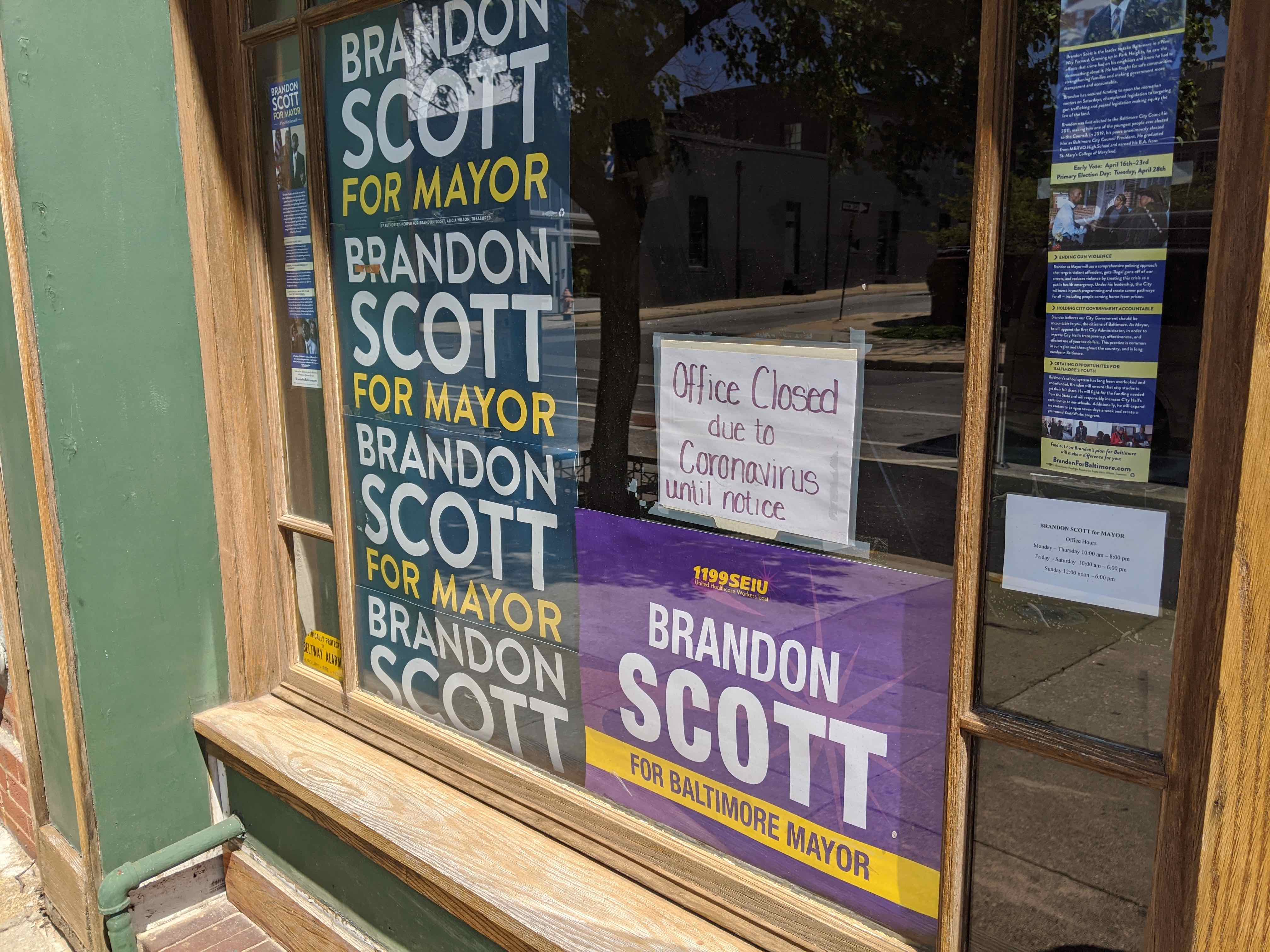I came across the following tweet this morning and couldn’t help but think of all the times this has happened to me:
I’ve been meaning to post about this for a while now, so I’ll take the tweet (the whole thread, really) as an opportunity.
When this has happened to me, it’s usually either been because I am Jewish (my mom says I don’t “look Jewish,” but I’m not so sure) or because of random bad luck. The most vivid time it happened was when I was about 14, trapped on a ski lift with a random guy who just asked what my faith was and when I answered “Jewish,” launched into a speech (one he clearly delivered frequently) about how I should accept Jesus Christ. It shook me. Since moving to Mississippi, I’ve encountered proselytizing with more frequency than I had in Michigan or Ohio, but not by a huge amount. I remember sitting in a grocery store parking lot in Ann Arbor once, when a guy knocked on the car window in order to ask if I accepted Jesus. What has differed, however, is the way those moments have combined with other interactions to reinforce just how “weird” it seems to people to find a Jew down here.
Granted, part of this is my own doing insofar as I don’t attend the local synagogue (there is one). And yet, I’ve been surprised at how frequently I’ve felt that it was not my sexuality that rendered me different living in the Deep South, but rather my existence as a (secular) Jew. One time, after being approached by a stranger in a restaurant who asked if I had “found Jesus,” I tried to explain to someone who had grown up here their whole life why I found it so offensive. Namely, that it reeks of anti-Semitism to assume that Jews need “saving” and that it is incredibly condescending to assume that I haven’t considered my own spirituality just because I don’t practice a religion or haven’t turned toward Christianity. I understand that some forms of Christianity are more given to proselytizing than others, but such practices rely on a myopia about other people that helps explain some of the broader fears about strangers of all kinds that is so prominent in today’s conservative politics.
I’ve witnessed this firsthand throughout my four years in Hattiesburg, as again and again I encountered behavior that came out of ignorance much more than malice. During my first year here, I attended a university function that opened with a Christian prayer. A student asked me why the “Jews decided to go into the ghettos.” A burlesque show of all things told the audience they “loved their Jew friends” before peppering the crowd with basic trivia about Hanukah. Another student asked if I was “of the Jewish race,” while a third declared that Jews are more likely to get typhus “because of the Holocaust.”
Though these comments often set me back on my heels, I tried to use them as learning opportunities, especially with my students. That said, they reveal the ways in which the evangelism practiced in so many local churches is born out of a kind of ignorance that renders Jews something totally foreign. This only makes these encounters more uncomfortable: you know that if you engage you’re going to have a one-sided conversation. I honestly don’t think those who do this kind of thing really think about its actual (versus imagined) effects of those they approach. The assumption that all others share the same spiritual goals (we don’t) is reinforced by the notion that anyone who hasn’t found the “correct” path simply needs to be shown the way (we don’t). This is not to say that racism doesn’t also shape my life in the north, but this specific kind was unique to my experience in the south. Others’ mileage may vary.
I’ve just agreed to participate in a proposed workshop on personal identity, diversity, and academia at this year’s Western Society for French History. I certainly have some things to say about my work in sexuality studies, but ultimately it has been these experiences that have been most troublesome in the past few years. I should say very clearly that I have met wonderful people in Mississippi. But at the same time, I have never felt more “other” for being a Jew than I have while living here.



